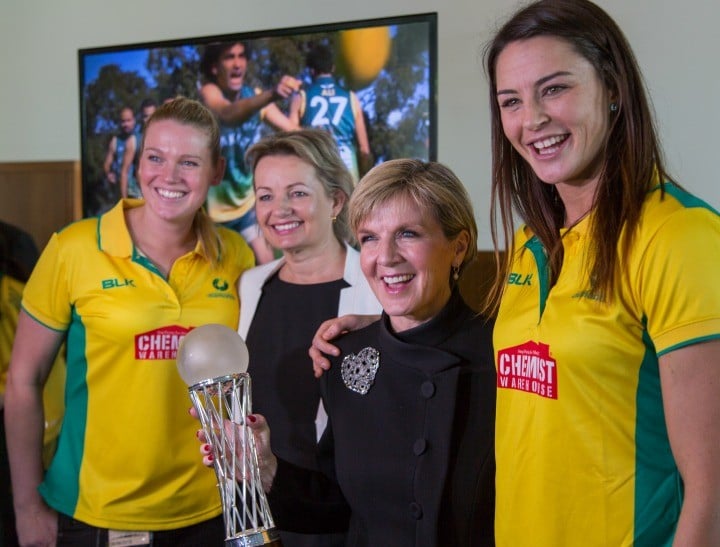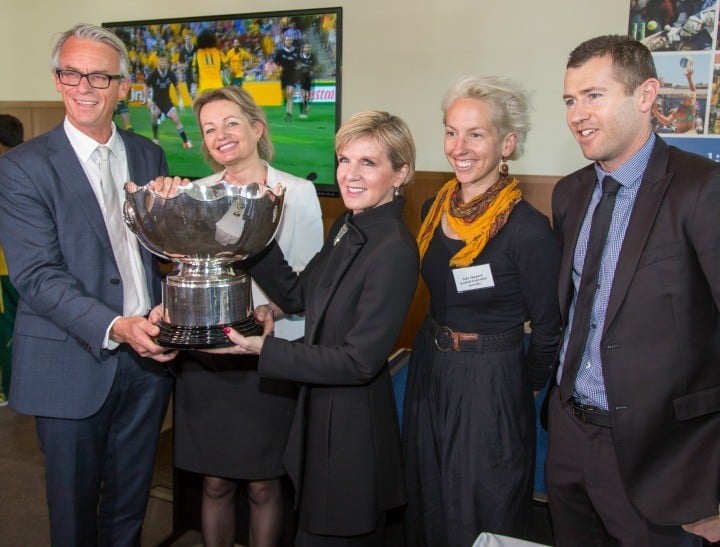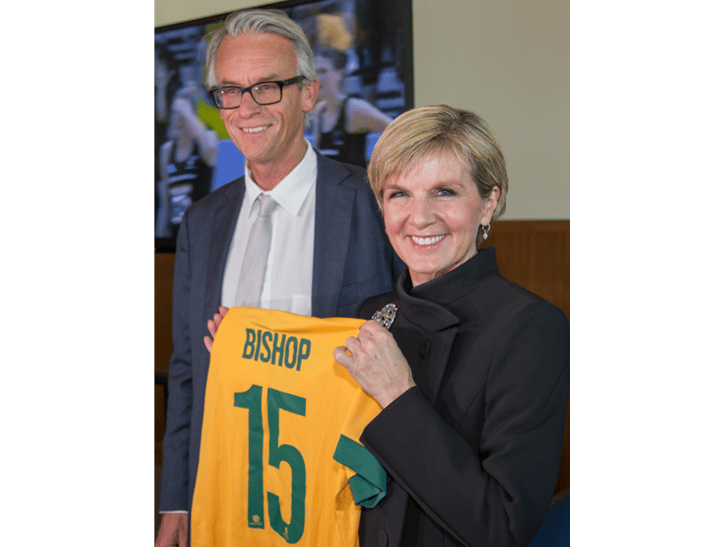
The performance of the Matildas – Australia’s women’s national football team – at the World Cup in Canada reminded us that sport is much more than athletes competing against one another.
The never-say-die attitude of the Matildas revealed the joy and pride of players representing their country, playing with skill acquired over a lifetime of training and with the bravery of a team defiant against the odds stacked against them.

The Matildas’ victory over football heavyweights Brazil – one of the favourites to win the tournament – tapped into a part of Australia’s psyche that is eager for a challenge and the opportunity to compete at the highest level.


Top Comments
Could not agree more with this article.